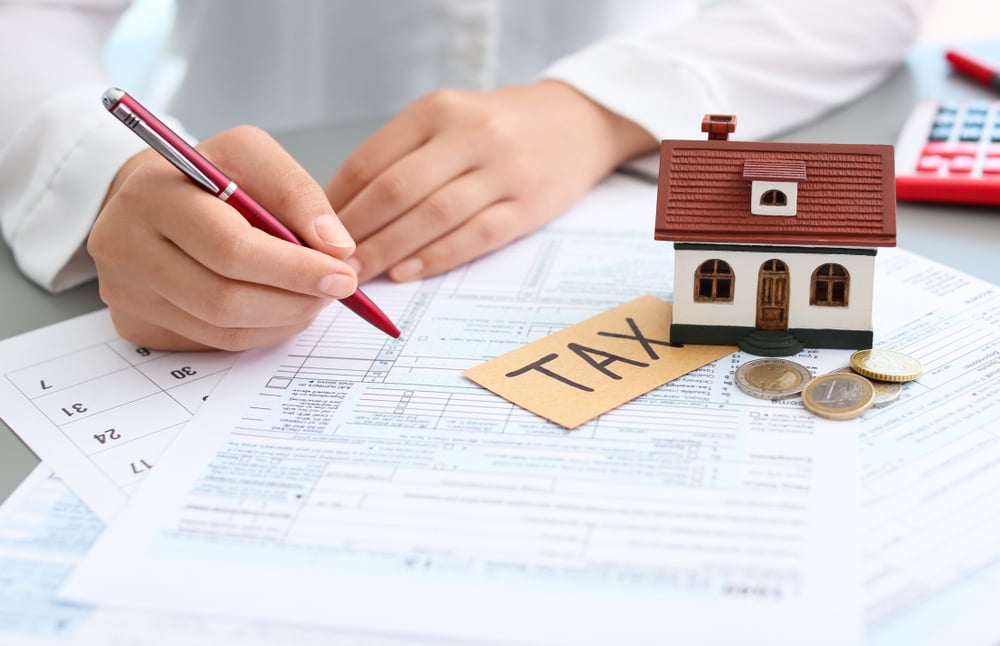
The art of being a property owner is knowing how to use the benefits to one’s advantage. Most property owners are in the rental property business for income and planning for their future. For all practical purposes, they run a business that they hope will return a reasonably substantial gain for them in the future. So, it stands to reason that they will want to make decisions that will save them money and make them money. One of the best ways to save money and make money is by knowing how to handle rental income on tax returns.
Here are some of the tax deductions that you can take this year as a property owner:
- You can deduct travel expenses on your taxes if you are traveling to check up on your properties. You can deduct mileage, air travel expenses, and even hotel costs.
- Do not forget to deduct mortgage interest. This is probably the one deduction everyone knows about but can be neglected if one thinks that they have already entered the information. This is the most significant deduction that property owners can take.
- The following deduction that you will want to take is the property tax deduction. This means that you can depreciate the value of the items in the property used to provide it as a rental. Some of these things can include appliances, carpeting, and furniture.
- Do not forget to keep track of repair expenses. There are two kinds of repairs that matter at this point. You can improve the property to increase its value. Or you can repair to restore it to the original condition. Any improvements meant to raise the value cannot be counted as a deduction, but all other repairs can be.
- You can also deduct local travel that is related to the business and care of the property. The most considerable expense would be the mileage part of the deduction.
- You can also deduct legal fees. These are expenses that you pay a lawyer to help you evict a person or have to take to court.
- You can also deduct for a home office. The space is usually a percentage of your home. But you can include just about every expense that you have to run the home. You can deduct equipment fees and other items that are solely used for your rental business.
- Money that you pay in wages and contractor costs can also be deducted if they meet the requirements. Just keep in mind that if you pay a person over $600, you will have to provide them with a 1099-MISC so that they can file their taxes.
- Unexpected losses through a natural disaster can also be deducted. The problem is that they cannot be claimed if your insurance paid for the claim. There can be no reimbursement to you for the losses in order to claim this on your taxes.
- Insurance premiums can also be deducted. These are the costs that you pay for a property owner policy and even a professional liability policy.
- Expenses related to the operation of the business can also be deducted. These have to be related to advertising, maintenance, utilities, and insurance costs.
Tax deductions are a great way for you to save money and make money on your investment property. Remember, it's always best to seek the help of a professional. Then, once you have claimed these deductions, you can rest knowing that you have done all you can to keep the money where it belongs.
Owning an investment property is a great way to plan for the future. All you have to do is work it like a business and take advantage of every money-saving opportunity that comes down your path.










